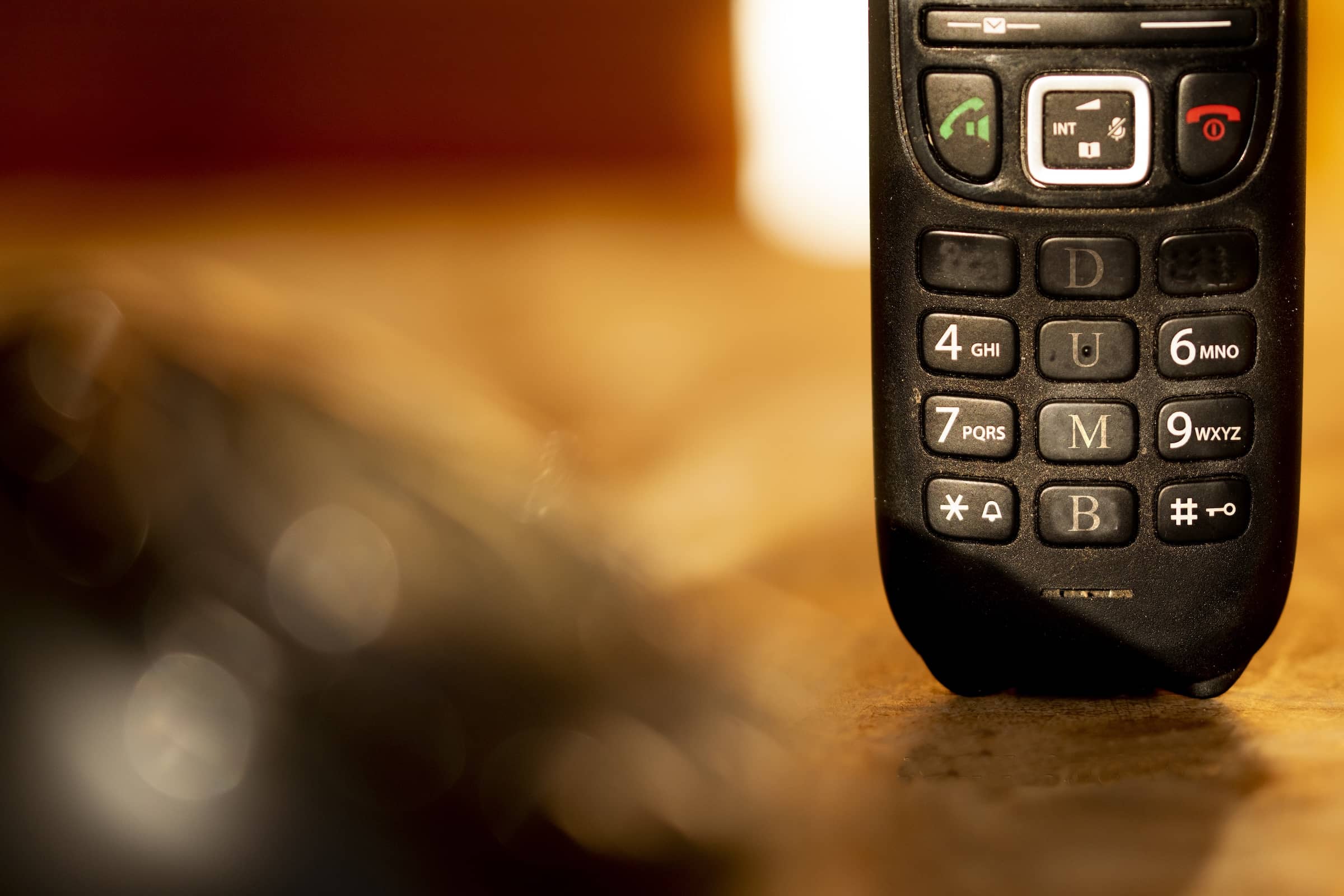Exploring the Benefits of Ditching Smartphones for Simpler Alternatives
In an age where smartphones are almost an extension of our bodies, it might seem surprising that some young people in their 20s are choosing to swap their high-tech devices for “dumb phones.”
But if you dig a little deeper, this trend begins to make a lot of sense. Let’s dive into the reasons behind this phenomenon, guided by insights from Mason Farmani, an intuitive personal and corporate life coach.
Digital Detox and Mental Health
The modern smartphone is a double-edged sword. While it provides unprecedented connectivity and access to information, it also has a dark side.
Excessive use has been linked to mental health issues such as anxiety and depression. According to Farmani, young people are increasingly aware of these negative impacts and are taking proactive steps to mitigate them.
By switching to simpler phones, they aim to reduce screen time and disconnect from the constant barrage of notifications and social media.
Reduction in Anxiety and Stress
The constant connectivity that smartphones offer can lead to significant stress and anxiety. Every ping, buzz, and notification creates an overwhelming sense of urgency and a fear of missing out (FOMO).
Farmani explains, “By switching to a simpler phone, individuals can escape this relentless connectivity, leading to a significant reduction in anxiety and stress levels.”
Dumb phones offer a reprieve from this digital onslaught, allowing for a calmer, more focused mind.
Improved Attention and Focus
Smartphones are designed to be engaging, often leading to decreased attention spans and difficulty focusing on tasks.
Whether it’s studying, working, or having a meaningful conversation, the pull of countless apps and notifications can be hard to resist.
Dumb phones, with their limited functionality, help users regain their ability to concentrate and engage deeply with their current activity, enhancing cognitive function and productivity.
Enhanced Sleep Quality
The blue light emitted by smartphone screens can interfere with melatonin production, disrupting sleep patterns.
Moreover, the habit of checking phones before bed often leads to sleep disturbances. By using a flip phone, users are less likely to engage in these behaviours, thereby improving their sleep hygiene and overall quality of sleep. Farmani notes that better sleep leads to better overall mental and physical health.
Better Social Interactions
Smartphones often interfere with face-to-face interactions, leading to “phubbing” – ignoring someone in favour of a phone.
This behaviour can weaken relationships and increase feelings of loneliness. Dumb phones encourage more direct, meaningful interactions by removing the temptation to constantly check social media or messages, fostering stronger personal connections.
Mental Clarity and Peace
Smartphones contribute to information overload, overwhelming the brain with a constant stream of data.
This can lead to mental fatigue and decreased cognitive function. Simplifying their digital lives by using a dumbphone helps young people experience greater mental clarity and peace.
Without the continuous bombardment of information, they can focus more on the present moment.
Reduced Dependence and Improved Self-Esteem
Smartphone addiction is a growing concern, often leading to unhealthy comparisons on social media and a reliance on external validation.
By switching to a basic phone, individuals can break this cycle of dependency, fostering a healthier sense of self and greater internal validation. Farmani highlights that this shift can significantly boost self-esteem and self-worth.
Mindfulness and Presence
The mindfulness movement emphasizes being present in the moment, a state often disrupted by smartphone notifications and apps.
Dumb phones encourage users to live more mindfully, paying full attention to their surroundings and activities without digital distractions. This can lead to greater overall well-being and satisfaction with life.
Privacy and Psychological Safety
Smartphones track a vast amount of personal data, raising concerns about privacy and psychological safety.
The awareness that one’s activities are constantly monitored can contribute to feelings of paranoia and lack of control. Dumb phones, which do not track user behaviour to the same extent, offer a sense of privacy and security, contributing to better mental health.
“By opting for flip phones or dumb phones, young people are making a conscious decision to prioritize their mental health and well-being over the convenience and connectivity offered by smartphones.
This trend reflects a growing awareness of the psychological costs associated with modern technology and a desire to cultivate a healthier, more balanced relationship with digital devices.
This change doesn’t need to be forever and like giving up any addiction, the first couple of days may be the most difficult time,” says Mason Farmani.
For more insights from Mason Farmani, visit Farmani Coaching.





